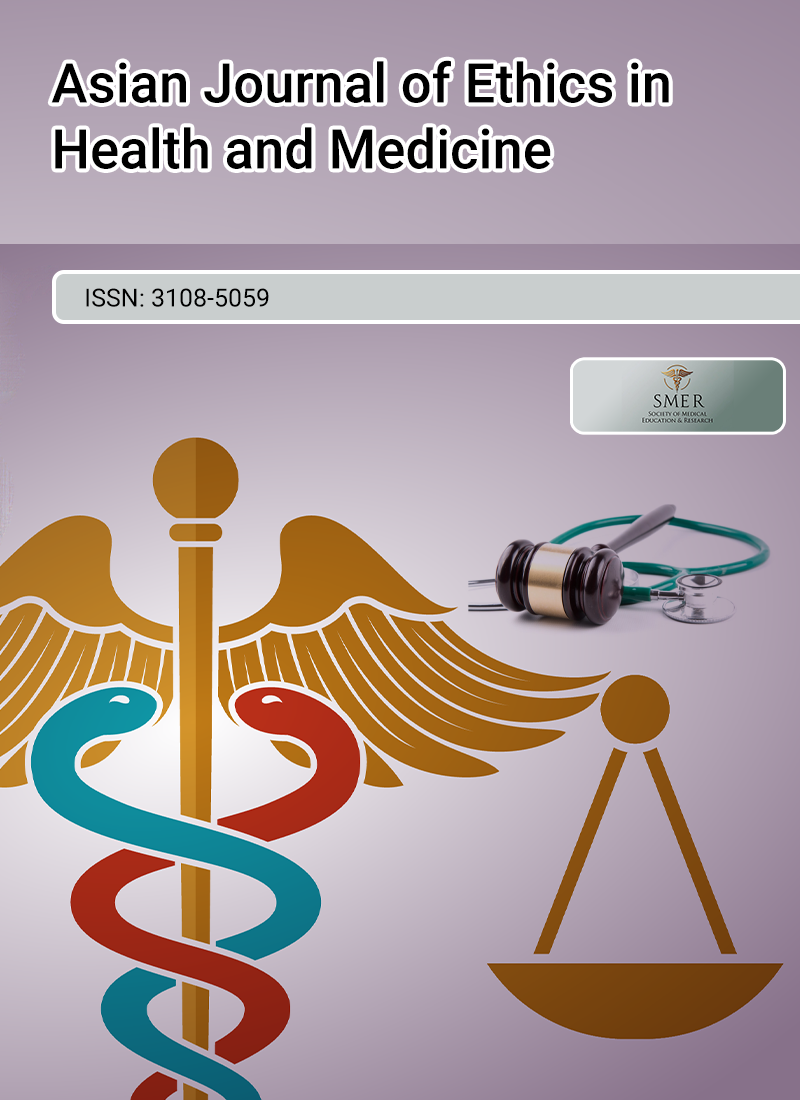
Obtaining post-mortem brain tissue, particularly from healthy “control” individuals, is critical for advancing research on neurological and mental disorders, which are increasingly prevalent. Despite its importance, the perspectives of healthy individuals remain largely unexplored. This study aimed to examine the attitudes, concerns, and viewpoints of potential healthy brain donors and their relatives toward post-mortem brain donation (PMBD). The study employed a convenience sampling of the general population, including twins and their non-twin contacts. Between June 2018 and February 2019, twelve focus groups were conducted in Milan, Turin, Rome, and Naples, organized by twin and non-twin status. A qualitative content analysis was carried out using both inductive and deductive approaches, complemented by analysis of emotional interactions to validate findings. One hundred and three participants, aged 49–91 years, took part, with women representing 60% of the sample. Overall awareness of PMBD was limited. Participants’ willingness to donate was shaped by emotional reactions, concerns, and misunderstandings about both donation and research. Religious and spiritual beliefs, secular perspectives, trust in research and healthcare institutions, and uncertainty surrounding brain death determination were also influential. Family emerged as a complex and pivotal factor in decision-making. Notably, prior exposure to neurodegenerative diseases appeared to increase openness to brain donation. The study offers novel insights into how healthy individuals perceive PMBD. The brain was seen as uniquely significant, and the process of establishing brain death generated debate and uncertainty. Findings underscore the need for clear, targeted communication and comprehensive information to support ethical practices in brain donation. Trust in medical professionals and researchers was highlighted as essential for fostering cooperation and informed decision-making among potential donors.